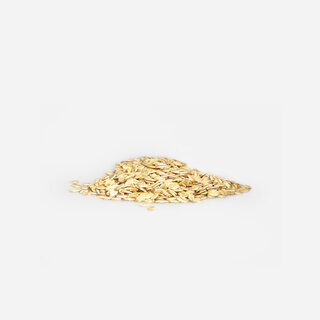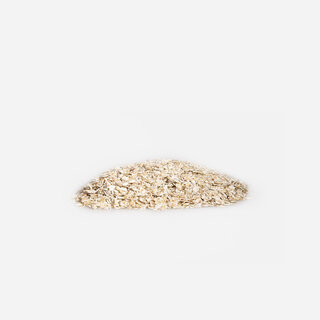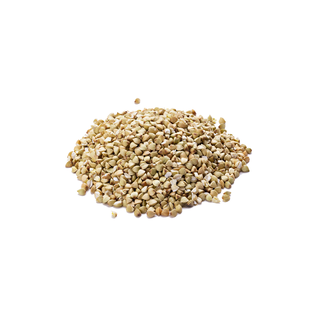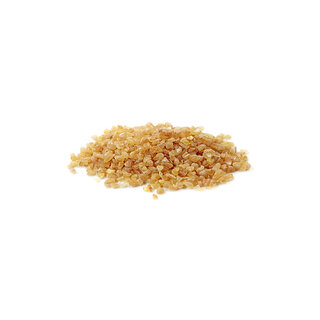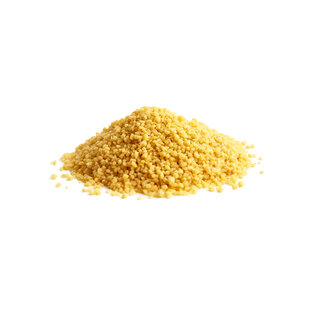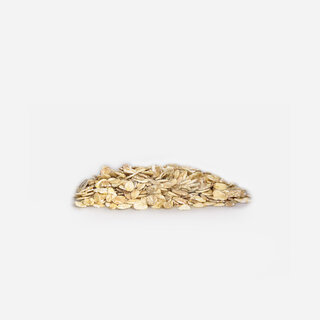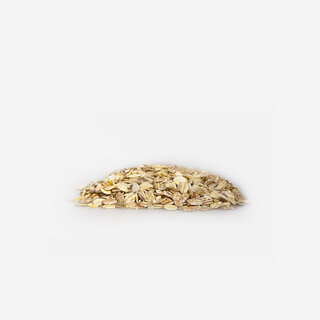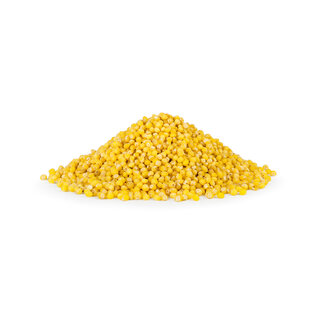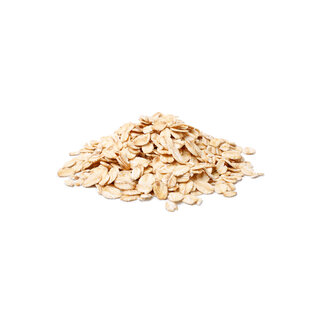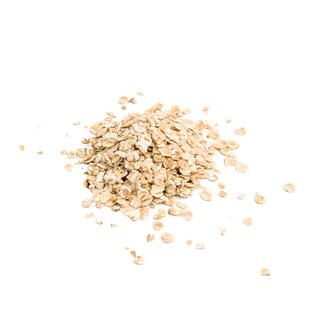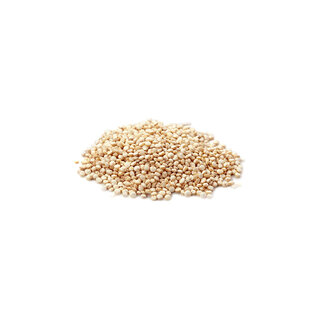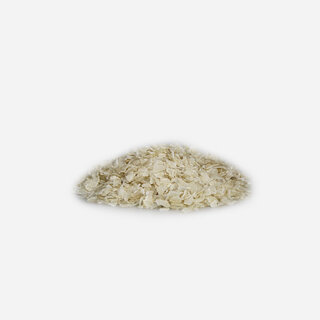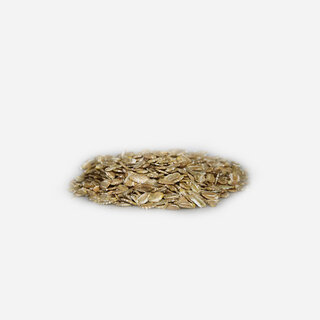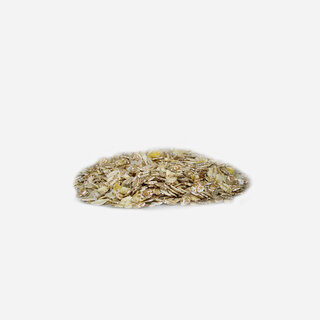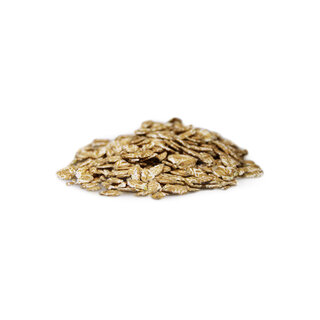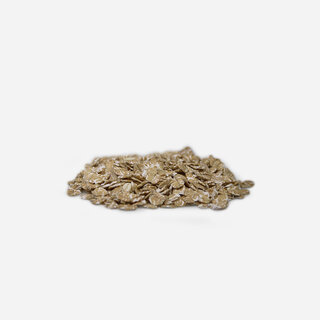FiltersFilters
Barley flakes*
Barley is a very old, easily digestible grain that is available worldwide. Barley was the most edible grain in Europe before wheat took this role over
Unit price: €--,-- / Kilogram
Buck wheat flakes*
Buck wheat flakes are a surprising ingredient for a nutritious breakfast. You can use the flakes as a base for muesli for instance, or for a delicious
Unit price: €--,-- / Kilogram
Bulgur*
Bulgur is a grain product that is being made of wheat. The wheat grains become steamed, dried and afterwards pulverized. The format of the bulgur gra
Unit price: €--,-- / Kilogram
Couscous* - whole grain
Couscous is especially known from the North-African kitchen. It is made of wheat grits, that are being shaped into little balls. These are dried after
Unit price: €--,-- / Kilogram
Driegranenvlokken*
This flake mix consists of our three most popular grains: wheat, barley and oats. It forms the basis of many of our mueslis, and is extremely suitable
Unit price: €--,-- / Kilogram
Four-grain flakes*
What is better than three grains? Four grains of course. This mix contains oat, barley, rye and wheat for even more variation. This is the perfect bas
Unit price: €--,-- / Kilogram
Millet*
IDorganics offers organic millet that is naturally gluten-free, high in fibre and a good source of magnesium. Millets are digested at a slow rate in t
Unit price: €--,-- / Kilogram
Oatmeal* - coarse
Attention! Bulk packages cannot be sent via parcel shipping.
Unit price: €--,-- / Kilogram
Oatmeal* - fine
Attention! Bulk packages cannot be sent via parcel shipping
Unit price: €--,-- / Kilogram
Popcorn*
This corn is specific kind of maize that has the optimum moisture for popcorn. The popping of the maize takes place when the moisture and the oils in
Unit price: €--,-- / Kilogram
Rice flakes*
Just like grain flakes, rice flakes are being made by crushing the grains. This way, the rice flakes are light digestible and easy to prepare hot and
Unit price: €--,-- / Kilogram
Rye flakes*
Rye is a strong, tasteful grain that is perfectly suited as a nutritious breakfast, for that long satisfied feeling of being stuffed. You can use rye
Unit price: €--,-- / Kilogram
Seven-grain flakes*
If you like a complete breakfast with as many variations in grains as possible, you're better than good with our seven grain flakes. This mix contains
Unit price: €--,-- / Kilogram
Spelt flakes*
Spelt is a very old wheat variant, and is known as an ancient grain. Spelt flakes are suited as base for muesli and granola, but you can also perfectl
Unit price: €--,-- / Kilogram
Wheat flakes*
Wheat is a highly versatile grain that is eaten all over the world. We use it for bread, pasta, cookies, and a lot more.
Unit price: €--,-- / Kilogram
Page 1 of 1


